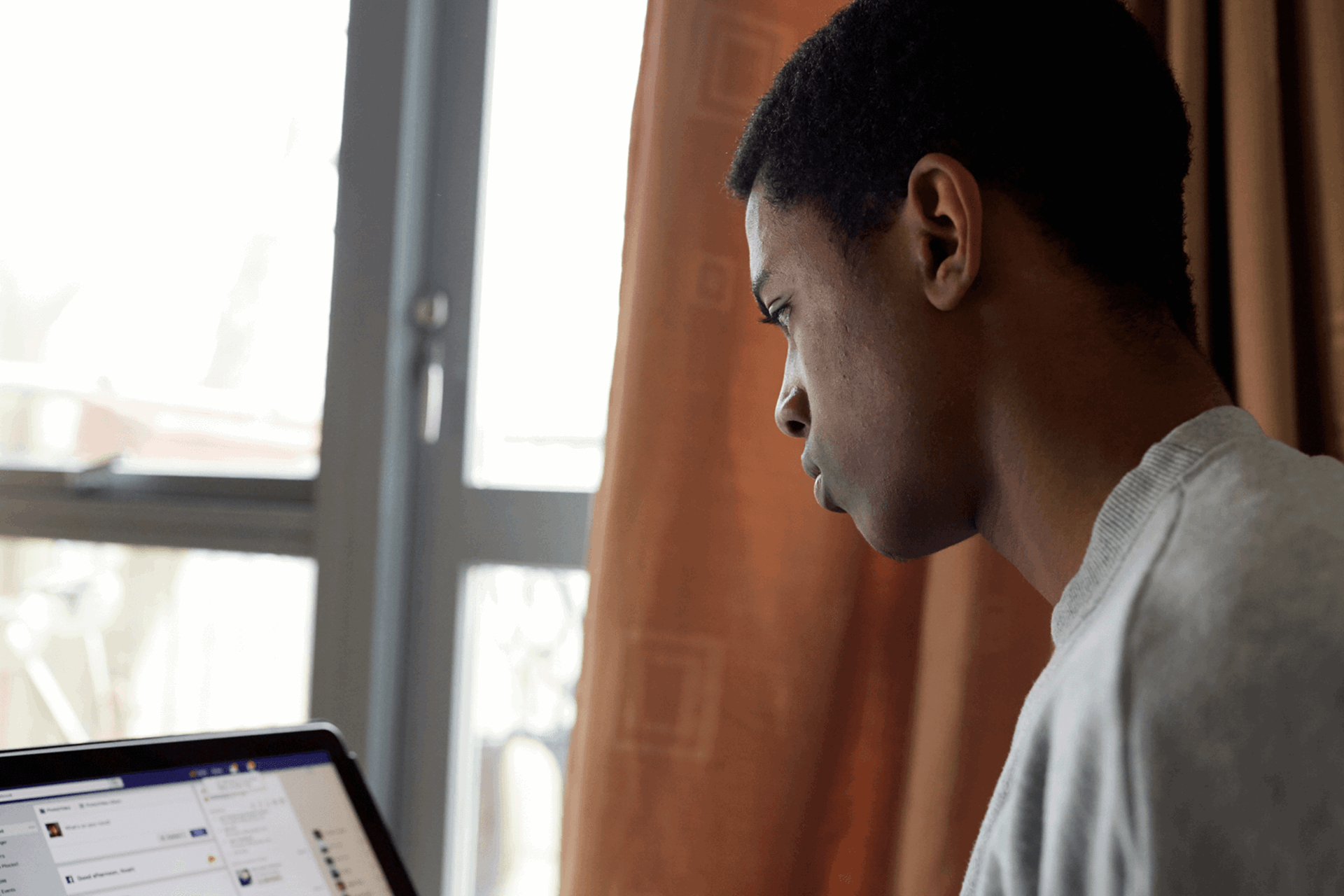Topics mentioned: looking after yourself at uni, anxiety
About: Drawing on his own experience at university, guest blogger Liam talks about why it’s important for you to be aware of your mental health during times of pressure and change.
When you’re at university, it’s so important that you’re conscious and aware of your own mental health and that of those around you.
I never used to get stressed as a child. Throughout school, right through from SATs to A-Levels, I would never get worked up about exams. I was quite lucky really, in that I always felt very comfortable in my environment. I had good friends, a stable home life and lots of extra-curricular activities.
That feeling of comfort and security, combined with the fact that I tended to do quite well academically, meant that I never came to know stress in the same way as many of my peers. Throughout my teenage years, even the idea of what constituted stress remained pretty abstract. To me, it was just things that were a bit annoying or frustrating.
It was the same for mental health. I very rarely heard anybody speak about mental health, and I certainly didn’t know what these ideas related to.
University provided an awakening in that regard. In my three years at Cardiff I started to become engaged in some of the issues surrounding mental health and young people specifically. This was thanks to some really great pieces in my student magazine, the awareness-raising of groups like Heads Above The Waves and the experiences of my friends and peers.
It’s an environment where lots of people will develop problems for the first time in their lives.
Pressures on mental health at university
When you’re at university, it’s so important that you’re conscious and aware of your own mental health and that of those around you. When you’re adjusting to everything that student life throws at you - socialising, greater academic pressure, and the addition for many of sex, alcohol and drugs - it’s no surprise that a lot of people start to experience mental health problems around this age.
It’s a cocktail that seems custom-made to put pressure on you mentally. For me personally, this ignorance to mental health that I’d been afforded throughout my teen years meant that when I did start to experience problems of my own, I didn’t recognise what was happening.
I’d coped pretty well during the majority of my time in Cardiff, sitting my exams, completing coursework, taking in the city, and adjusting to new houses and friendship groups with relative comfort. It was when the end of those three amazing years started to close in that things began to change.
With the uncertainty of what came after university looming, I started to feel some quite big changes.
Built-up stress and physical symptoms
In my final months of university, with the uncertainty of what came after looming, I started to feel some quite big changes. I was seeing a doctor at the time about another illness. I expressed my worry to her about continuing physical symptoms such as a tight chest, pain around my neck and joints, and trouble sleeping.
She suggested that these symptoms might be down to rising stress levels. With no point of reference, and the misconception that my untroubled youth left me immune to stress, I struggled to accept this.
I felt worried about being uprooted from this university environment in which I'd become so happy. The stress that this caused was compounded as I became more and more emotional.
I remember quite vividly finishing my final exam, sitting alone in my room and feeling a well of emptiness inside of me. It was a bit of a ‘penny-drop’ moment really - that acceptance that my emotional wellbeing was taking a real hit for the first time in my life.
This was completely uncharted territory for me, but something that I had to face up to as my anxieties snowballed after my graduation. I didn’t deal with these issues and allowed them to multiply, and within the space of six months, anxiety had become a very real part of my life.
When I’m having a difficult time, I try to take a step back, acknowledge how I’m feeling and actively take time to myself to relax.
How I deal with low mood, anxiety and panic attacks
Ever since, it’s something that has led to periods of low mood and exaggerated stress. I’ve even experienced panic attacks. The reasons why aren’t always something that I've been able to pinpoint.
After fretting about the way I was feeling when first coming to terms with it, I’ve come to take it in my stride and act accordingly. I experience lots of physical anxiety symptoms which always precede a bad spell. This makes it easier to identify things early and take steps to help myself.
When I’m having a difficult time, I try to take a step back, acknowledge how I’m feeling and actively take time to myself to relax. It’s not a quick fix, but being able to accept and consolidate how I'm feeling, and remind myself that the feelings will subside, is something that I find really beneficial.
Talking helps too. It’s amazing how much better you can feel for getting things off your chest, and when chest tightness is such an obvious symptom for me, it’s pretty much the perfect metaphor.
Talking helps too. It’s amazing how much better you can feel for getting things off your chest.
I’m not the first person to experience stress at university, nor have I had it anywhere near as bad as others, but I think my experiences show why it’s so important for everyone going to university to have some basic awareness about mental health and wellbeing.
It’s an environment where lots of people will develop problems for the first time in their lives. Being able to identify and act upon those problems at the first opportunity might help to stop stress leading to longer-standing mental health problems.
More advice on looking after yourself at uni
Where to get help
However you're feeling, there are people who can help you if you are struggling. Here are some services that can support you.
-
Student Space
Student Space is run by Student Minds.
Provides information and advice for students on looking after themselves at university.
Offers a directory to find out what support is available at your university.






